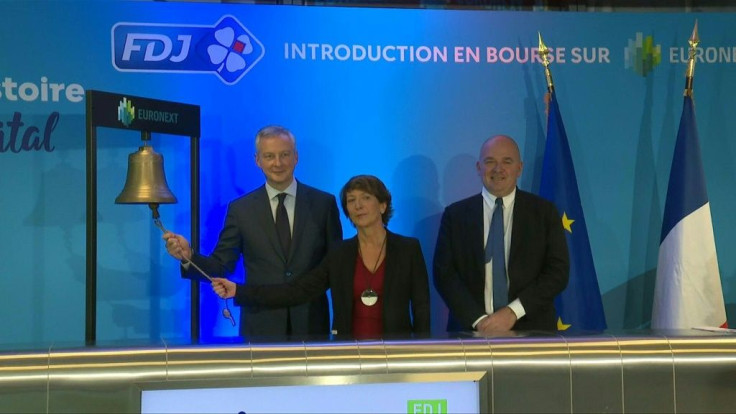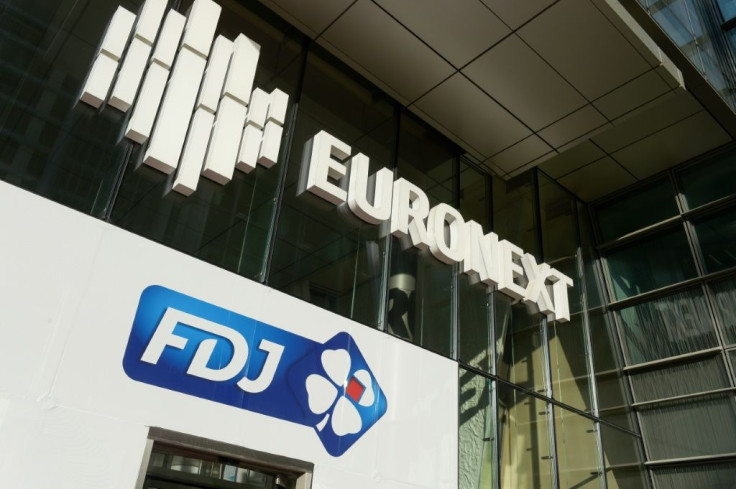Investors Win Big In French Lottery Operator's IPO

Investors cheered a strong market debut Thursday for shares in France's state-owned lottery monopoly, an IPO the government hopes will create support for further privatisations and bolster President Emmanuel Macron's ambitious economic reforms.
The government reaped around 2.1 billion euros ($2.3 billion) from selling a 52-percent stake in the Francaise des Jeux (FDJ), whose scratchcards and lotteries are played by millions.
Around a third of the shares was reserved for some 500,000 individual investors, who snapped up a chance to own part of a company that will maintain its lottery monopoly for the next 25 years.
The vast majority of French savings is parked in ultra-safe but low-interest savings accounts, reflecting deep suspicion of "speculative" markets which only hardened in the wake of the 2007-08 financial crisis.
But the demand for FDJ shares was buoyant, prompting the government to set the IPO price at 19.90 euros, the high end of the indicative range.
By 11:30 am (1030 GMT) the shares were up 16.7 percent at 22.75 euros, even as the broader market slumped, with the CAC 40 index down 0.2 percent.
Finance Minister Bruno Le Maire, who rang the opening bell at the Paris Stock Exchange to mark the occasion, hailed "an immense" success.
Officials pulled out the stops to entice buyers, offering them a two-percent discount on the IPO price and promising them a free share for every 10 owned, as long as they keep them for at least 18 months.
France is one of just a few countries to enable such investment opportunities for individuals. In most other countries, would-be investors must wait for the first day of public trading to buy.

A successful FDJ offering could help build support for Macron's push to overhaul vast swathes of the French economy, which was knocked off track by the "yellow vest" protests which erupted last November.
The former investment banker was accused of ignoring the day-to-day struggles of ordinary French, in particular those outside Paris and other big cities.
The government has vowed to partially privatise a number of entities, including the airports operator ADP and the energy behemoth Engie, to feed a 10 billion euro fund to develop in new technologies.
Even if the state plays "a fundamental role" in the economy, Le Maire said Thursday, "its proper role is not necessarily that of a main shareholder".
Francaise des Jeux is the second-biggest betting company in Europe and the fourth in the world.
It is a comparatively rare case of a French public enterprise enjoying sound financial health, and is well known by the public, who made 16 billion euros' worth of flutters on assorted games last year.
Critics have likened the privatisation to selling off the family jewels, but the government says it needs to raise money for innovation -- and has no business running companies that can be operated privately.
The state will retain a 20 percent stake in FDJ, and will benefit from a yearly public contribution from taxes and other charges of around 3.5 billion euros.
© Copyright AFP 2024. All rights reserved.




















